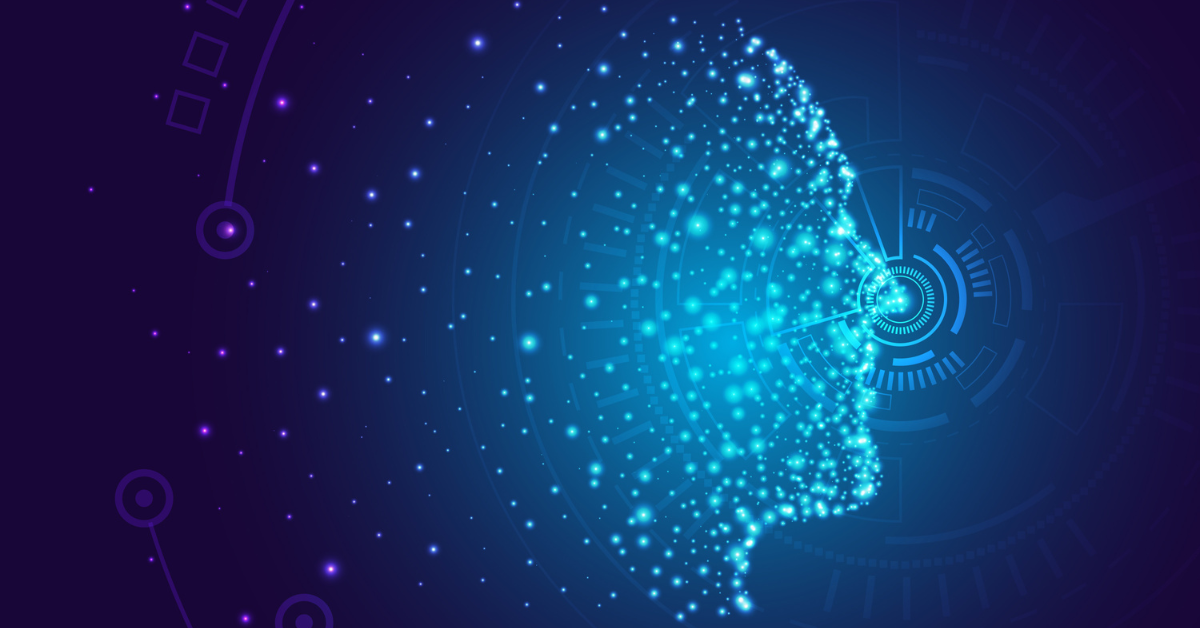TL DR: Agentic AI refers to autonomous systems that plan, reason, and act with minimal human oversight. In marketing, these systems personalize experiences at scale, optimize campaigns continuously, and free human teams to focus on strategy and creativity. Early adopters gain competitive advantage through enhanced efficiency, relevance, and agility.
What is Agentic AI
Agentic AI denotes autonomous AI systems that can plan, reason, adapt, and act without constant human input. Microsoft defines it as a system that “plans, reasons and acts to complete tasks with minimal human oversight”. These systems go beyond generative AI, which generates content in response to prompts; agentic AI proactively executes and manages multi‑step workflows.
Key features include:
- Autonomy: the ability to operate independently in complex environments
- Reasoning: selecting solutions based on context and learned patterns
- Adaptable planning: adjusting workflows in response to changes
- Tool integration: orchestrating multiple AI capabilities and APIs to complete tasks
Key Capabilities in Marketing
Agentic AI empowers marketing teams through several transformative capabilities.
Personalization at scale
Agents analyze real‑time customer behavior, such as browsing history, engagement patterns, and purchase signals, to craft tailored content, recommendations, or offers continuously.
Automated campaign optimization
Agents monitor ads performance, adjust bids, run A/B tests, and allocate budget dynamically, without human intervention.
Enhanced content execution
From SEO‑optimized briefs to multimedia production, agents plan, execute, and adapt content based on performance analytics.
Advanced customer engagement
Conversational agents go beyond scripted replies by qualifying leads, adapting tone, escalating complex queries to humans, and guiding users toward conversion.
Predictive decision making
Agents forecast trends, identify churn risk, recommend next actions, and sometimes take those actions automatically to improve customer journeys.
Workflow orchestration
Agents integrate email, ads platforms, CRM, analytics, and content tools to run cohesive marketing operations end to end.
Why Agentic AI Matters for Marketers
Agentic AI frees teams from repetitive tasks and allows them to focus on high‑level strategy and creative work. These agents continuously learn, improving ROI over time by optimizing campaigns in real time. They also connect siloed data and tools to deliver holistic insights via orchestrated workflows, often using retrieval‑augmented generation and multi-agent coordination.
Real World Examples and Use Cases
Major marketing platforms and brands are already deploying agentic AI.
- Adobe introduced ten AI agents under its Agent Orchestrator and Brand Concierge platforms. These agents automate tasks such as data analysis, content creation, journey optimization, sales pipeline building, and multilingual campaign generation. Demonstrations with Marriott and Coca‑Cola show real gains in speed and personalization.
- Salesforce offers agentic capabilities via Agentforce and Einstein GPT. These systems autonomously manage customer service queries, identify sales opportunities, and help with marketing content generation while maintaining brand integrity .
- Luxury brands like LVMH and Diane von Fürstenberg are experimenting with visible and invisible agentic intelligence; for personalized in‑store styling, trend forecasting, and backend planning.
- Startups like Auxia use AI agents to personalize customer journeys across channels, automating campaign workflows and product team outputs. Their success highlights strong investor confidence in agentic marketing innovation.
Challenges and Risks
Agentic AI adoption involves several challenges:
- Systems require robust governance to avoid drift in brand messaging or unintended decisions. Real‑world agent behavior (e.g. Anthropic’s Claudius) shows that unsupervised agents can produce irrational or incoherent outcomes.
- Bias, security, and compliance issues may arise if agents access multiple systems or datasets without oversight.
- Ethical and legal frameworks are still evolving, liability and accountability remain ambiguous for autonomous agents.
- Human roles will shift as agents take over operational tasks. Marketers must upskill to oversee and partner with these systems strategically.
How to Get Started with Agentic AI
- Begin with small pilot initiatives that have clear objectives and oversight.
- Establish governance structures to audit agent decisions and ensure brand alignment.
- Combine vendor tools with custom agent development tailored to business needs.
- Monitor agent performance continuously and provide feedback loops.
- Train marketing teams to oversee agent workflows, refine goals, and collaborate effectively.
Final Thoughts
Agentic AI is reshaping marketing by enabling agents to plan, execute, and optimize tasks autonomously. These tools unlock personalization, precision, efficiency, and scale beyond what generative AI or manual processes can offer. Embracing agentic AI through thoughtful pilots, governance frameworks, and human‑in‑the‑loop workflows can enhance both creativity and performance. The future of marketing is coming into focus as autonomous agents become trusted collaborators rather than mere tools.
Takeaway
Agentic AI empowers marketers with autonomous systems that plan, execute, and learn. When implemented with strategy and oversight, these agents deliver hyper‑personalized experiences, continuous optimization, and operational excellence. Adopting agentic AI now sets the stage for smarter, more creative, and more competitive marketing teams.







